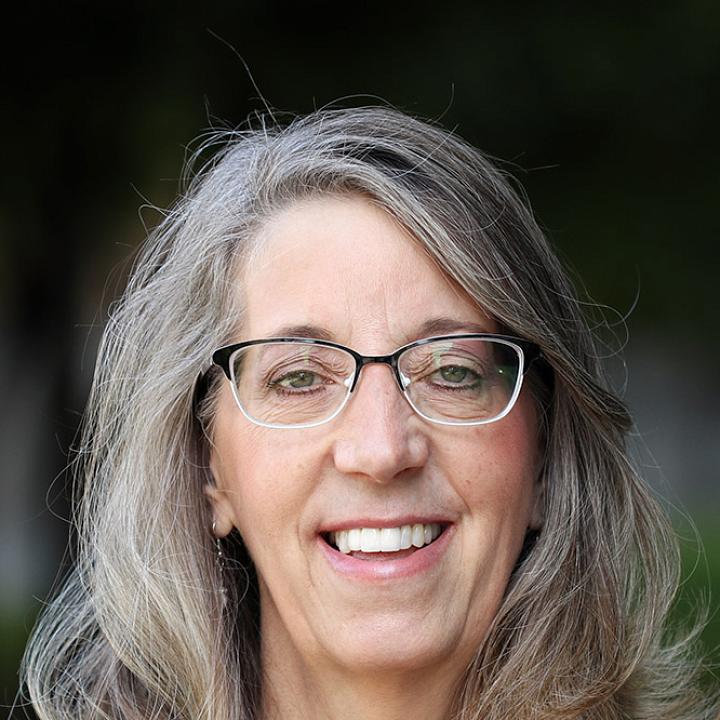
An NIH-Funded Mentored Research Program for Medical Students

An NIH-Funded Mentored Research Program for Medical Students
The summer Medical Student Research Program (MSRP) is a mentored research training program provided to medical students. Students have the opportunity to work with basic science, clinical science, or healthcare research investigators.
Goals
Goals are:
- To expand students' research horizons,
- To ensure a basic working knowledge of research ethics, and
- To help students develop scientific presentation skills.
Funding
The University of Utah Spencer Fox Eccles School of Medicine (SFESOM) has three T35 training grants from the National Institutes of Health (NIH) that fund student research stipends for this program. Students can choose to work with one of over 60 faculty mentors in the areas of:
- National Heart, Lung and Blood Institute (NHLBI) - includes research related to the heart, vasculature, lungs, and blood cells.
- National Institute of Diabetes and Digestive and Kidney (NIDDK) - includes research related to obesity, metabolism, diabetes, the gastro-intestinal tract and the kidney.
- National Eye Institute (NEI)
Applying for MSRP research funding
Applications are due in January each year. SFESOM medical students should see the MD Program Research Council Canvas page for more information. All other students should contact Janet Bassett (janet.bassett@hsc.utah.edu).
Medical Scientist Training Program
Please visit the Medical Scientist Training Program site if you are interested in pursuing an MD-PhD.
